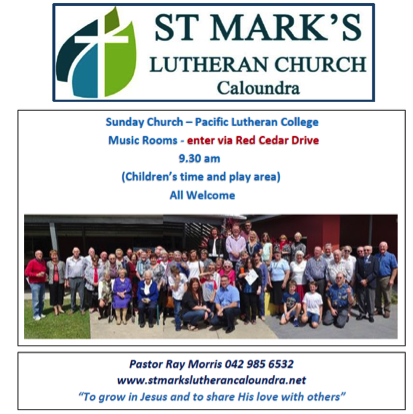There are lots of rules, laws or expectations in our lives. There are different ways for us to view these guidelines and different language we can use around them. We can think about our lives as being controlled by rules, laws and expectations and sometimes feel frustrated by the constraint or we can view these same rules, laws and expectations as ways that we are kept safe, build and protect relationships, preserve good order in our lives and have a sense of identity. As an example, we can see the taxation laws as a way to support the building of infrastructure, have access to great health and education and to provide for people who are in financial need.
Standing back from a rule, law and expectation and asking how does this help to keep us safe, build and protect relationships, preserve good order in our lives and build a sense of identity provides access to deeper insight. It helps us to calibrate our moral compass and lifts people above doing what they are told, to choosing to live in a way that focuses on what is just, recognises the dignity and worth of all people and enables the common good. Kohlberg’s stages of moral development capture this well.
The Ten Commandments can be seen in this same way. We can see them as a set of simple rules or we can unpack them more deeply and see them as a powerful mirror for us to see ourselves and others. Instead of feeling pious about our compliance with the literal definition of the 7th commandment we might ask ourselves, How might we be taking from others? By delving deeper we can use the commandments as a basis for powerful reflection around our relationship with God and others. We can nourish our inner moral compass to enable us to live well for ourselves and others.
 Many members of our community enjoyed dining at The Boat Shed on Tuesday night as our Year 12 Hospitality students took over the restaurant for the evening. This was a culminating learning experience for our students and gave them the opportunity to showcase their skills in a real world environment. Well done to all students on a fantastic night. We thank Mrs Colleen Beattie and Mrs Rhana Holt for the organisation of this event and the professional development of student skills over the last two years.
Many members of our community enjoyed dining at The Boat Shed on Tuesday night as our Year 12 Hospitality students took over the restaurant for the evening. This was a culminating learning experience for our students and gave them the opportunity to showcase their skills in a real world environment. Well done to all students on a fantastic night. We thank Mrs Colleen Beattie and Mrs Rhana Holt for the organisation of this event and the professional development of student skills over the last two years. At assemblies we regularly recognise and appreciate the talent and expertise of our students in their various endeavours. This week we congratulated Year 5 student Romeo who won the Year 4-6 section at the recent Immanuel Arts Festival.
At assemblies we regularly recognise and appreciate the talent and expertise of our students in their various endeavours. This week we congratulated Year 5 student Romeo who won the Year 4-6 section at the recent Immanuel Arts Festival. Last Saturday, Year 9 student Courtney Callaghan performed a contemporary solo called ‘Remission’ for the Secondary Breakthru Dance Competition. Courtney moved the judges to tears with her performance. Not only is she a technically beautiful dancer, Courtney is also a very grounded young lady who despite all her dancing successes, both nationally and internationally, is still thankful and humbled by the opportunity to represent her school community. Well done to Courtney. To view her performance, visit:
Last Saturday, Year 9 student Courtney Callaghan performed a contemporary solo called ‘Remission’ for the Secondary Breakthru Dance Competition. Courtney moved the judges to tears with her performance. Not only is she a technically beautiful dancer, Courtney is also a very grounded young lady who despite all her dancing successes, both nationally and internationally, is still thankful and humbled by the opportunity to represent her school community. Well done to Courtney. To view her performance, visit: 



 Pacific Lutheran College is fundraising with Entertainment™ again this year. Order your NEW 2017 | 2018 Entertainment™ Books and Entertainment™ Digital Memberships today and 20% of the proceeds will go towards Pacific Lutheran Early Learning Centre! To order your book or digital membership, visit:
Pacific Lutheran College is fundraising with Entertainment™ again this year. Order your NEW 2017 | 2018 Entertainment™ Books and Entertainment™ Digital Memberships today and 20% of the proceeds will go towards Pacific Lutheran Early Learning Centre! To order your book or digital membership, visit: